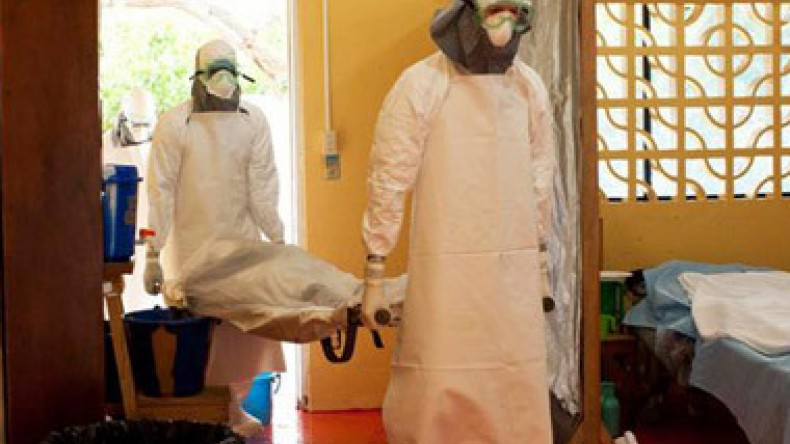
WHO panel says unproven drugs are ethical as Ebola death toll tops 1,000
The first two doses of an experimental serum created to treat Ebola went to American missionaries, CNN reported.
Then the drug was sent to treat a Spanish priest.
The two Americans, Dr. Kent Brantly and Nancy Writebol, appear to be recovering. The priest, Miguel Pajares, died Tuesday morning.
That's the problem with experimental drugs that have never been clinically tested in humans: No one knows whether they'll work -- and if they do, in whom.
This week, the World Health Organization gathered a group of ethicists to decide whether proven medications and vaccines should be used in the current Ebola outbreak. As the death toll from the epidemic soared over 1,000, the WHO panel unanimously concluded that it is ethical to offer medications to fight the Ebola virus, even if their effectiveness or adverse effects are unknown.
"The large number of people affected by the 2014 west Africa outbreak, and the high case-fatality rate, have prompted calls to use investigational medical interventions to try to save the lives of patients and to curb the epidemic," the World Health Organization said Tuesday.
WHO says it believes the virus has infected 1,848 people and killed 1,013, making this the deadliest Ebola outbreak in history.
Newsfeed
Videos






























